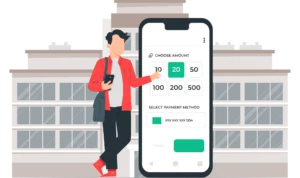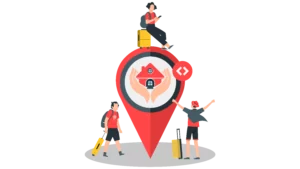Updated: July 11, 2024
Responsible tourism cultivates respect between travelers, guests, and host communities. Everyone makes choices about how they want to travel. If someone wants to maintain responsible tourism practices, the host should enable them by providing an environment conducive to environment-friendly practices.
When practiced efficiently, responsible tourism can enhance the travel experience, making it more authentic. Moreover, it is most effective when it engages guests, thereby providing a better travel experience and, in turn, benefiting the community around your property with each guest’s arrival.
This symbiotic behavior of responsible tourism makes it a viable option for hosts. Most people have a misconception that maintaining a sustainable and environmentally friendly property will become tedious. In this article, we will discuss simple hosting tips and tricks to make that experience more engaging and easy for you.
What Is Responsible Tourism?
Responsible Tourism is about creating “better places for people to live in and better places for people to visit.” It involves the collective responsibility of operators, hoteliers, governments, local communities, and tourists to make tourism more sustainable through conscious action and accountability.
Responsible Tourism was not just defined but formally recognized in Cape Town in 2002 during the World Summit on Sustainable Development. This definition, known as the Cape Town Declaration, has gained wide acceptance and was adopted by the World Travel Market in 2007 for World Responsible Tourism Day. This global recognition instills confidence in the principles of responsible tourism.
We go to a lot of events! In these events, we have kits that PriceLabs enthusiasts can take with them as a token of our appreciation. Our swag kits are sustainable and eco-friendly.
Here’s what’s included in our swag kits:
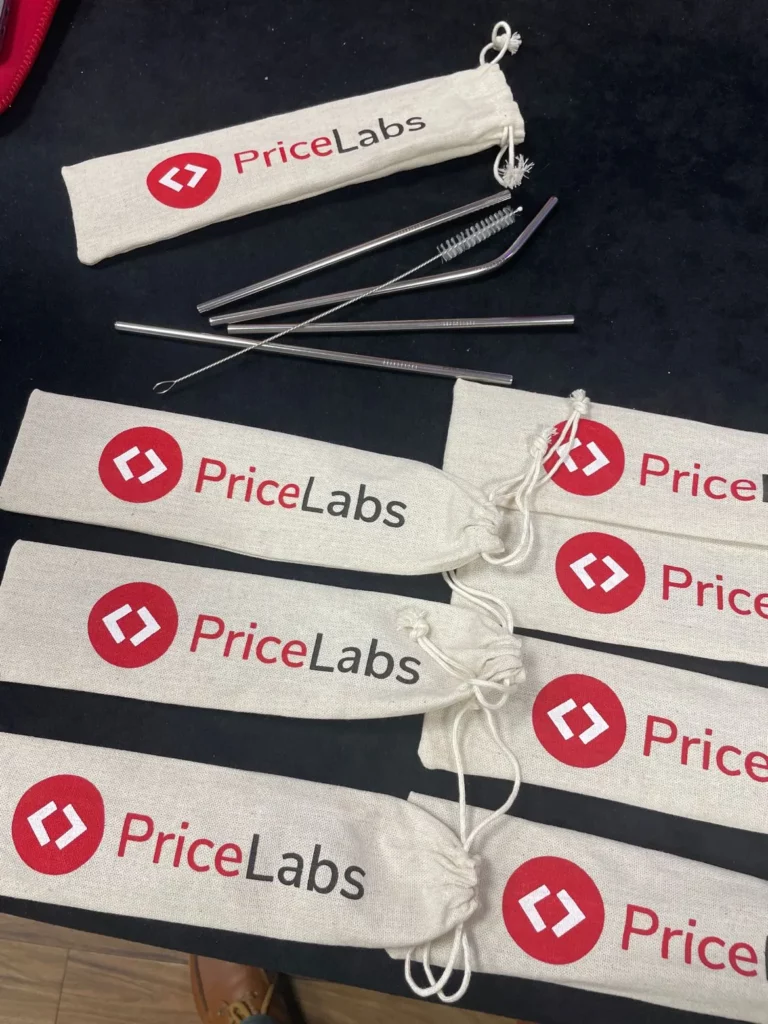

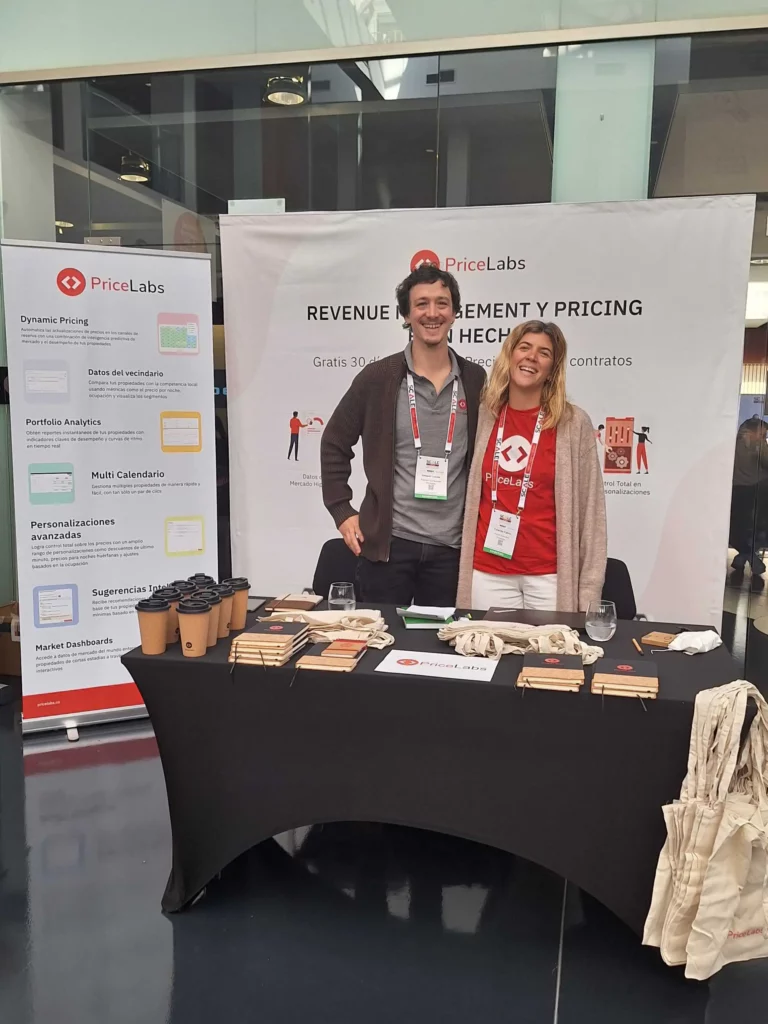

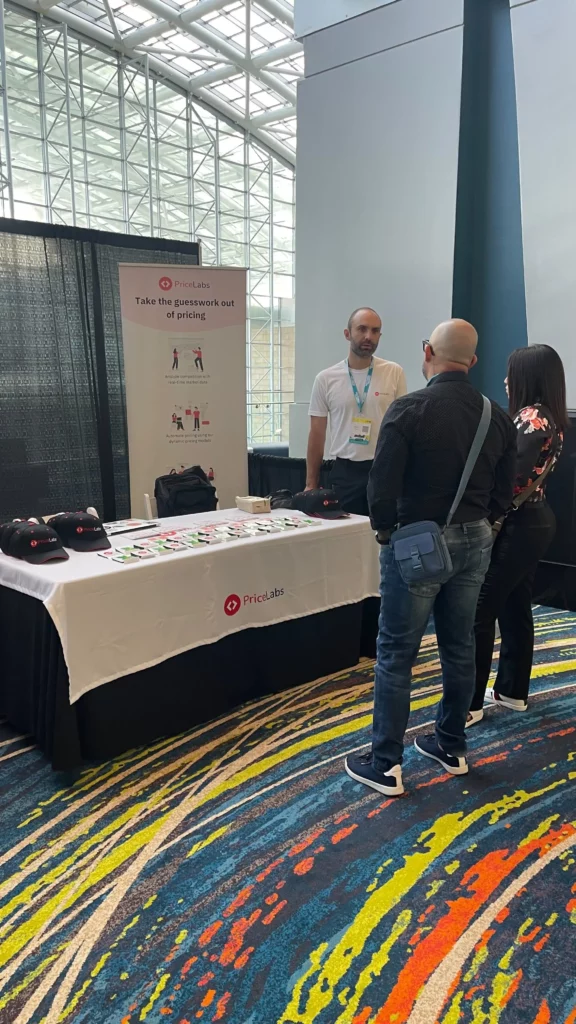

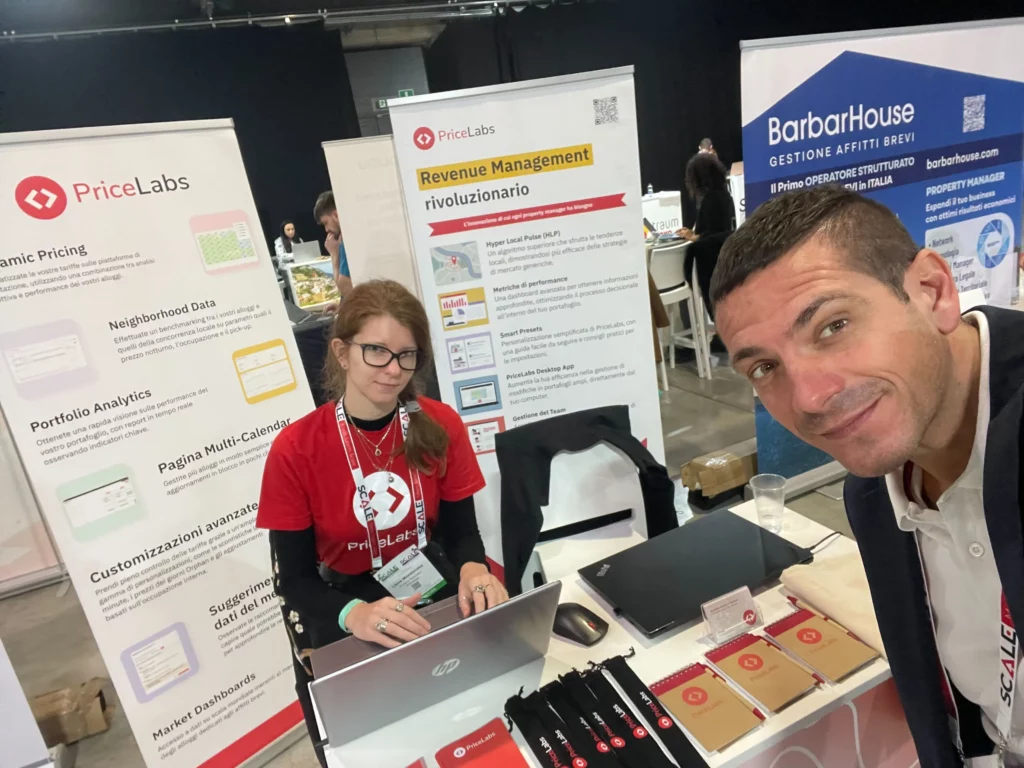

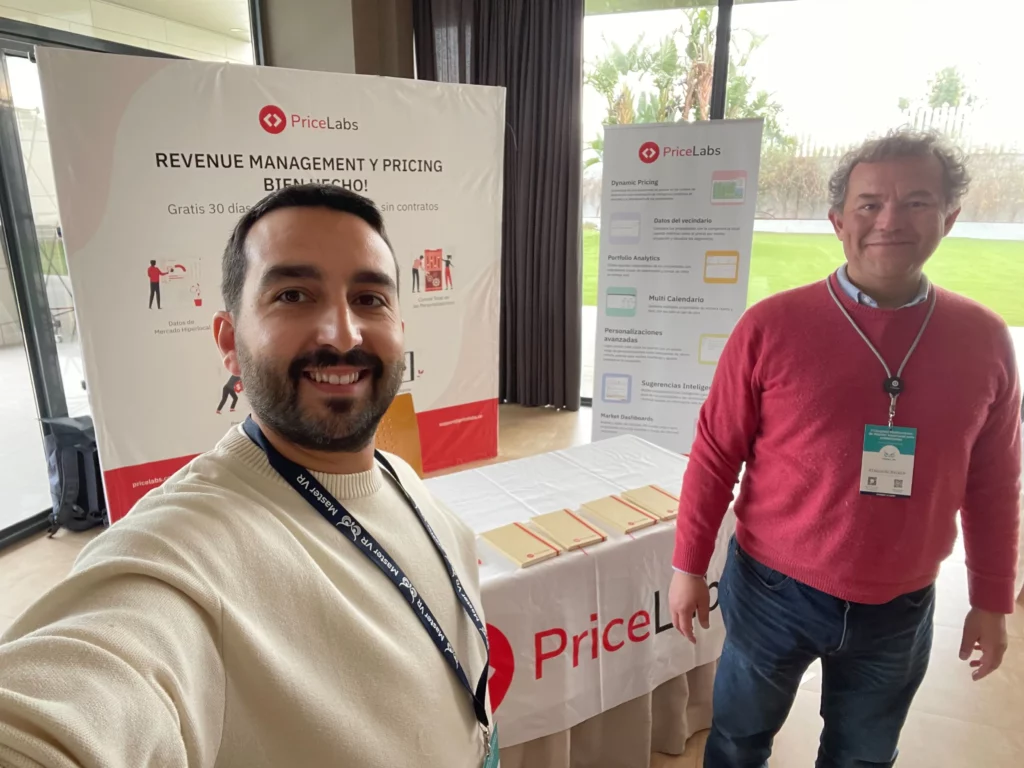

What Is The Cape Town Declaration?
The Cape Town Declaration, issued in 2002, is a significant document that addresses responsible and sustainable tourism. It emerged from the Cape Town Conference on Responsible Tourism in Destinations, which brought together stakeholders from various sectors to discuss how tourism can be a force for good. The declaration outlines principles and actions to guide tourism development to maximize economic, social, and environmental benefits while minimizing negative impacts.
Key elements of the Cape Town Declaration include:
- Economic Benefits: Encouraging local economic benefits through tourism, including job creation and local enterprise development.
- Environmental Responsibility: Promoting the conservation of natural resources and minimizing pollution and waste.
- Social and Cultural Respect: Respecting local cultures, traditions, and communities and involving them in tourism planning and decision-making.
- Equitable Distribution: Ensuring that the benefits of tourism are distributed fairly and equitably among stakeholders.
- Sustainability: Focusing on long-term sustainability, ensuring future generations’ needs are met.
- Stakeholder Involvement: Engaging all stakeholders in tourism planning and management.
The Cape Town Declaration is a foundational document in the responsible tourism movement. It has influenced policies and practices in the tourism industry worldwide, emphasizing the importance of tourism that benefits both people and the planet.
How Does PriceLabs Help With Sustainable Tourism?
PriceLabs is a revenue management solution for the short-term rental and hospitality industry, founded in 2014 and headquartered in Chicago, IL. Our platform helps individual hosts and hospitality professionals optimize pricing and revenue management, adapting to changing market trends and occupancy levels.
- Seamless integration with Property Management Systems: PriceLabs integrates with 110+ PMSs, simplifying pricing. This integration allows for the automation of pricing updates and stay restrictions directly through your existing PMS, reducing manual efforts and potential errors.
- Optimized resource utilization: The platform ensures more efficient property utilization by adjusting prices based on demand, seasonality, and local events. This reduces vacancy periods and orphan gaps and potentially decreases the environmental footprint associated with maintaining unused properties.
- Data-driven decisions for energy efficiency: With data tools, property managers make informed, efficient decisions. For example, understanding low-demand periods can enable the implementation of energy-saving measures in properties, such as reducing heating or air conditioning usage during these times.
- Encouragement of responsible tourism: PriceLabs’ pricing strategy can help distribute tourist activity more evenly throughout the year. Offering lower prices in off-peak periods encourages travel during slower seasons, maximizing revenue and mitigating overtourism impacts.
With dynamic pricing, automation rules, and customizations, we manage pricing and minimum-stay restrictions for any portfolio size, with prices automatically uploaded to preferred channels such as Airbnb, Vrbo, and 110+ property management and channel integrations.
Every day, we price over 400,000+ listings globally across 135+ countries, offering world-class tools like the Base Price Help and Minimum Stay Recommendation Engine. Choose PriceLabs to increase revenue and streamline pricing and revenue management. Sign up for a free trial at pricelabs.co today.
What Can You Do To Promote Responsible Tourism Practices On Your Property?
Practicing responsible tourism involves key actions for sustainability and community impact. Here are actionable points to consider:
- Promote Local Culture: Encourage guests to explore local culture, traditions, and businesses. Provide information about local events, markets, and cultural sites.
- Sustainable Practices: Implement eco-friendly practices in your property. Use energy-efficient appliances, provide recycling bins, and encourage water conservation.
- Support Local Businesses: Recommend locally owned restaurants, shops, and tour operators. This supports the local economy and provides an authentic experience for guests.
- Eco-Friendly Products: Stock the property with eco-friendly toiletries and cleaning products. Avoid single-use plastics and provide reusable alternatives.
- Waste Management: Educate guests on proper waste disposal and recycling practices. Provide clear instructions, house rules, and necessary bins.
- Energy Conservation: Install energy-efficient lighting and appliances. And encourage guests to turn off lights and electronics when they are not in use.
- Water Conservation: Implement water-saving fixtures and encourage guests to conserve water. If relevant, provide information on local water scarcity issues.
- Respect Wildlife: Educate guests on respecting local wildlife and provide guidelines on interacting responsibly with nature and wildlife.
- Community Engagement: Foster good relationships with neighbors and local communities. Encourage guests to participate in community activities and respect local customs.
- Feedback and Improvement: Regularly seek feedback from guests on sustainable practices and continuously improve based on their suggestions and experiences.


Conclusion
The tourism industry is shifting towards greater sustainability and responsibility. Sustainable tourism focuses on minimizing environmental impacts through broad policies and planning. Responsible tourism encourages immediate positive actions by individuals and businesses.
A symbiotic relationship between these concepts is essential for a sustainable travel future. Sustainable tourism sets the framework and vision, and responsible tourism turns this into practical action.
Achieving this balance requires collaboration among tourists, businesses, local communities, and governments. Destinations and tourism providers must invest in sustainable infrastructure and eco-friendly options. Travelers should choose responsible options, reduce their carbon footprint, and respect local cultures.
Sustainable planning and responsible actions ensure tourism enriches lives and preserves heritage for future generations.




